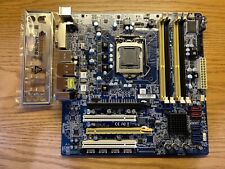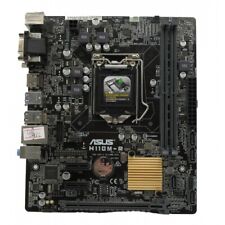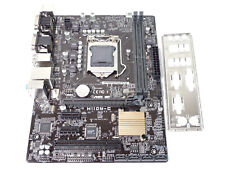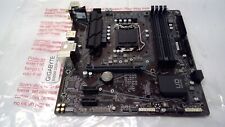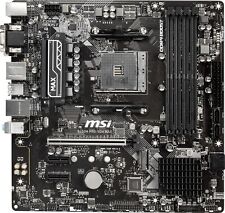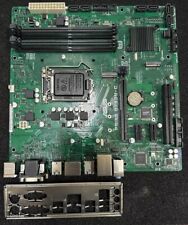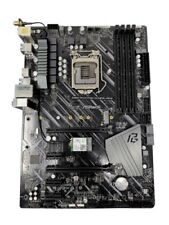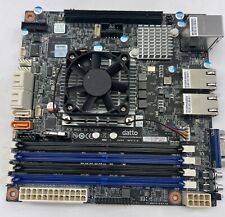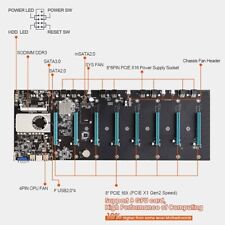|
|
Vulnerability Assessment & Network Security Forums |
|||||||||
|
If through a vulnerability assessment, a network security issue is detected for the vulnerability below, applying the appropriate security patches in a timely matter is very important. If you have detected that your system has already been compromised, following CERT's Network Security recovery document will assist with recommended steps for system recovery. Home >> Browse Vulnerability Assessment Database >> Ubuntu Local Security Checks >> USN30-1 : linux-source-2.6.8.1 vulnerabilities Vulnerability Assessment Details
|
USN30-1 : linux-source-2.6.8.1 vulnerabilities |
||
|
linux-source-2.6.8.1 vulnerabilities Detailed Explanation for this Vulnerability Assessment Summary : These remote packages are missing security patches : - linux-doc-2.6.8.1 - linux-headers-2.6.8.1-3 - linux-headers-2.6.8.1-3-386 - linux-headers-2.6.8.1-3-686 - linux-headers-2.6.8.1-3-686-smp - linux-headers-2.6.8.1-3-amd64-generic - linux-headers-2.6.8.1-3-amd64-k8 - linux-headers-2.6.8.1-3-amd64-k8-smp - linux-headers-2.6.8.1-3-amd64-xeon - linux-headers-2.6.8.1-3-k7 - linux-headers-2.6.8.1-3-k7-smp - linux-headers-2.6.8.1-3-power3 - linux-headers-2.6.8.1-3-power3-smp - linux-headers-2.6.8. [...] Description : CVE-2004-0883, CVE-2004-0949: During an audit of the smb file system implementation within Linux, several vulnerabilities were discovered ranging from out of bounds read accesses to kernel level buffer overflows. To exploit any of these vulnerabilities, a possible hacker needs control over the answers of the connected Samba server. This could be achieved by man-in-the-middle attacks or by taking over the Samba server with e. g. the recently disclosed vulnerability in Samba 3.x (see CVE-2004-0882). While any of these vulnerabilities can be easily used as remote denial of service exploits against Linux systems, it is unclear if it is possible for a skilled local or remote attacker to use any of the possible buffer overflows for arbitrary code execution in kernel space. So these bugs may theoretically lead to privilege escalation and total compromise of the whole system. http://isec.pl/vulnerabilities/isec-0017-binfmt_elf.txt: Several flaws have been found in the Linux ELF binar [...] Solution : Upgrade to : - linux-doc-2.6.8.1-2.6.8.1-16.1 (Ubuntu 4.10) - linux-headers-2.6.8.1-3-2.6.8.1-16.1 (Ubuntu 4.10) - linux-headers-2.6.8.1-3-386-2.6.8.1-16.1 (Ubuntu 4.10) - linux-headers-2.6.8.1-3-686-2.6.8.1-16.1 (Ubuntu 4.10) - linux-headers-2.6.8.1-3-686-smp-2.6.8.1-16.1 (Ubuntu 4.10) - linux-headers-2.6.8.1-3-amd64-generic-2.6.8.1-16.1 (Ubuntu 4.10) - linux-headers-2.6.8.1-3-amd64-k8-2.6.8.1-16.1 (Ubuntu 4.10) - linux-headers-2.6.8.1-3-amd64-k8-smp-2.6.8.1-16.1 (Ubuntu 4.10) - linux-headers-2.6.8.1-3-a [...] Network Security Threat Level: High Networks Security ID: Vulnerability Assessment Copyright: Ubuntu Security Notice (C) 2005 Canonical, Inc. / NASL script (C) 2005 Michel Arboi |
||
|
Cables, Connectors |

***NEW*** BCM RX67Q Gaming Motherboard | Intel Q67 2nd/3rd Gen. | LGA1155 | DDR3
$29.77
ASUS H110M-R Motherboard Intel 6th/7th Gen LGA1151 DDR4 Micro-ATX i/o shield
$42.00
Micro ATX Desktop Motherboard ASUS H110M-C LGA 1151
$31.95
GIGABYTE B560M DS3H AC LGA1200 Intel B560 SATA 6Gb/s Micro ATX Intel Motherboard
$64.99
MSI B450M PRO-VDH MAX AM4 AMD B450 USB3.2 Micro-ATX Motherboard
$67.99
Asus Prime B250M-C Motherboard Supports DDR4 Intel 7th Gen
$39.99
Gigabyte AMD B550 UD AC Gaming Motherboard - AMD B550 Chipset - AM4 Socket - AMD
$89.99
Asrock Z390 Phantom Gaming 4S/AC Wifi 8th/9th Gen Intel 1151 Motherboard Bulk
$48.52
GIGABYTE MB10-Datto Motherboard Xeon D-1521- SR2DF 2.40 GHz- Open Box
$112.00
BTC-S37 Mining Motherboard Kit /w SSD & Ram Preinstalled
$59.99
|
||
|
No Discussions have been posted on this vulnerability. |
